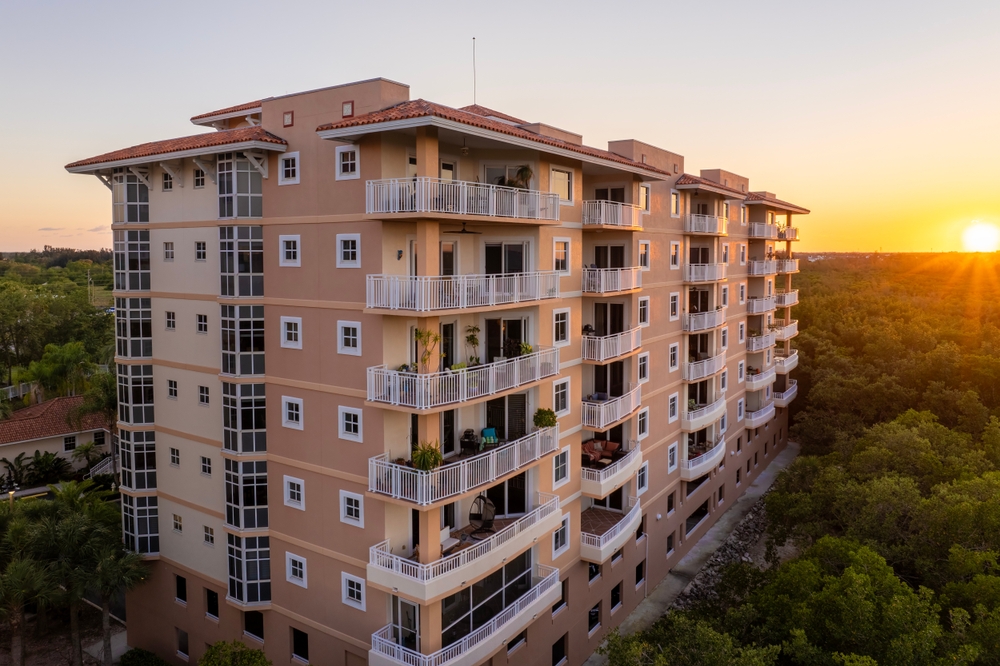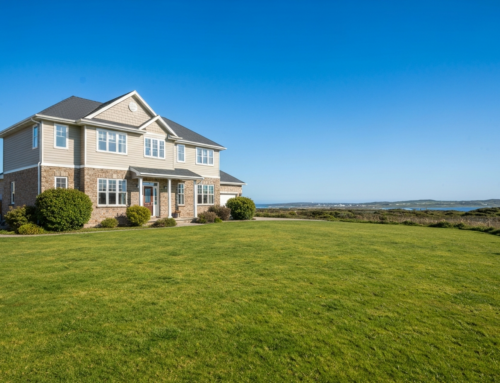Owning a home or condo is one of the most significant investments you’ll make, but protecting it involves more than just standard homeowners or condo insurance. If you’re part of a homeowner’s association (HOA) or a condo association, you may be subject to loss assessments, which can result in unexpected out-of-pocket costs if the association’s insurance coverage is insufficient.
Loss assessments can catch homeowners and condo owners off guard, especially in areas like Myrtle Beach, Charleston, or Wilmington, where weather events or property damage can lead to significant shared costs. This article will help you understand what loss assessments are, how they work, and how to ensure you’re financially prepared for them.
1. What Are Loss Assessments?
A loss assessment is a charge levied by an HOA or condo association to cover expenses not fully covered by their insurance. These assessments typically arise when:
- The association’s insurance policy falls short of covering damages.
- Common areas or shared amenities, such as pools, clubhouses, or parking lots, require repairs.
- Liability claims exceed the association’s insurance limits.
For example, if a storm damages the roof of a shared building in Charlotte, and the condo association’s insurance only covers part of the repair cost, the remaining amount may be divided among all unit owners.
Loss assessments can also occur due to legal liabilities, such as if someone is injured in a common area and the association’s liability insurance doesn’t fully cover the claim.
2. Common Scenarios Leading to Loss Assessments
Several scenarios can lead to loss assessments for homeowners and condo owners, including:
- Natural Disasters: Coastal areas like Myrtle Beach and Charleston are prone to hurricanes and flooding, which can cause extensive damage to shared property. If the association’s insurance doesn’t cover the full cost of repairs, owners may be assessed for the difference.
- Insufficient Liability Coverage: If someone is injured in a shared area like a pool or lobby, and the liability claim exceeds the association’s insurance limits, the remaining amount may be assessed to homeowners or condo owners.
- Major Repairs or Upgrades: Sometimes, associations need to make significant repairs or upgrades to common areas, such as replacing an elevator or resurfacing a parking lot. If reserves are insufficient, owners may face an assessment.
- Acts of Vandalism: Damage to shared property caused by vandalism or theft may also lead to assessments if the association’s insurance doesn’t cover the full amount.
- Underinsurance: If the association has inadequate insurance coverage, owners may be assessed for costs that could have been avoided with a more comprehensive policy.
Understanding these scenarios can help homeowners in Wilmington and other areas anticipate potential assessments and take steps to protect themselves.
3. How Loss Assessment Coverage Can Protect You
Fortunately, many homeowners and condo insurance policies offer loss assessment coverage, which helps cover your share of an HOA or condo association’s assessment. This coverage typically applies in cases where the assessment is due to:
- Covered perils, such as fire, windstorm, or vandalism.
- Liability claims involving injuries in shared areas.
- Damage to common areas caused by a covered event.
For example, if you’re a condo owner in John’s Island, and your association assesses each owner $5,000 to repair hurricane damage to a shared roof, your loss assessment coverage may pay for this cost, depending on your policy limits.
When choosing loss assessment coverage, it’s important to:
- Review your HOA or condo association’s insurance policy to understand their coverage and limits.
- Select an adequate limit for your loss assessment coverage based on potential risks in your area.
4. Understanding Policy Exclusions and Limitations
While loss assessment coverage can be invaluable, it’s essential to understand its limitations and exclusions. Not all assessments are covered, and policies may exclude:
- Assessments for routine maintenance or upgrades (e.g., landscaping improvements or replacing aging infrastructure).
- Assessments related to damage caused by perils not covered under your policy (e.g., earthquakes if your policy doesn’t include earthquake coverage).
- Assessments for the association’s deductible if your policy explicitly excludes it.
For homeowners in Greenville, where weather-related risks may differ from coastal areas, ensuring your loss assessment coverage aligns with local risks is key to avoiding surprises.
5. Tips for Managing Loss Assessments
To avoid being caught off guard by loss assessments, follow these tips:
- Understand Your Association’s Insurance: Request a copy of your HOA or condo association’s insurance policy to review their coverage limits and potential gaps.
- Review Your Homeowners or Condo Insurance: Ensure your policy includes loss assessment coverage and that the limits are sufficient for potential assessments in your area.
- Budget for Assessments: Even with insurance, it’s a good idea to set aside funds for unexpected assessments, especially if your association has a history of underfunding reserves.
- Stay Involved with Your HOA or Condo Association: Attend meetings and ask questions about the association’s financial health, insurance policies, and reserve funds.
- Work with a Trusted Insurance Provider: An experienced agent, like those at Beach Insurance LLC, can help you navigate your policy and recommend appropriate coverage for your needs.
For example, a homeowner in Concord who actively engages with their HOA can stay informed about upcoming repairs or risks, ensuring they’re better prepared for potential assessments.
Loss assessments can be an unexpected and costly burden for homeowners and condo owners, but proper preparation can make all the difference. By understanding what loss assessments are, when they occur, and how insurance can protect you, you can minimize their financial impact and safeguard your investment.
At Beach Insurance LLC, we specialize in helping homeowners in Charleston, Wilmington, Myrtle Beach, and beyond find the right insurance coverage, including loss assessment protection. Contact us today at 843-718-0075 to review your policy and ensure you’re prepared for any potential assessments.







Leave A Comment